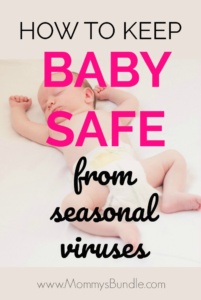
This is part of a sponsored collaboration with AstraZeneca and DiMe Media. However, all opinions expressed are my own.
Do you have a premature baby or know someone with one? Then please listen closely to these three words: Respiratory Syncytial Virus or RSV. It may sound like a serious mouthful…because it is!
RSV is the leading cause of infant hospitalizations in the US, with approximately 125,000 hospitalizations and up to 200 infant deaths each year! Those staggering statistics are very sad indeed.
What is RSV?
RSV is actually a common virus that is highly contagious. The disease causes mild to moderate cold-like symptoms and affects nearly 100% of babies by the age of 2.
Symptoms include the following:
- persistent coughing and wheezing
- rapid, difficult or gasping breaths
- bluish color around lips, mouths or fingernails
- fever
If it’s just a cold, why is it so severe?
You may be asking yourself this question naturally. So here’s the simple answer: premature babies (born earlier than 35 weeks gestation) have underdeveloped lungs and immature immune systems making it much more difficult for them to fight off the typical cold. That’s why it can be deadly and prevention is key!
While preemies are the most at risk to contract RSV, it’s important to also prevent the disease in others at risk including all newborn babies, infants under the age of 2 with weakened immune systems
What you can do to prevent RSV.
Since there is no treatment specific for RSV, prevention is key. Doctors recommend the following:
Wash hands
Anyone who will be holding or interacting with baby needs to wash their hands. No matter the age or relationship, this is one of the easiest ways to keep your infant healthy. It may feel strange asking friends or family members to wash their hands as they admire your new bundle of joy, but it is one of the best things you can do for your baby’s safety.
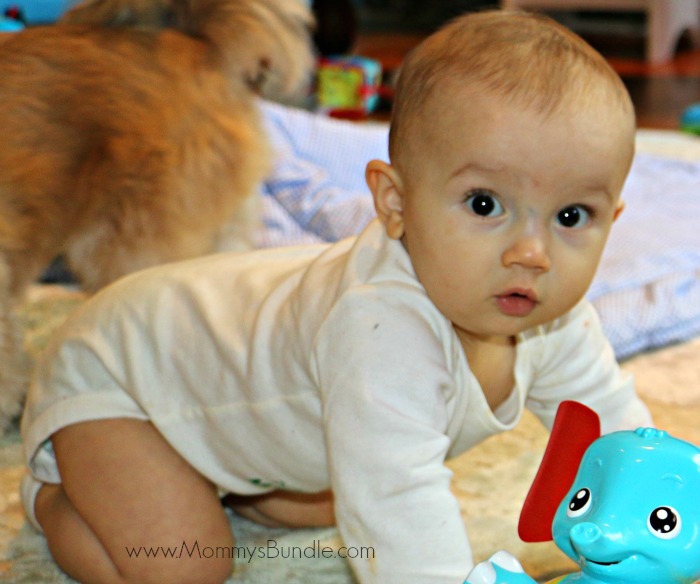 Keep the sick away
Keep the sick away
Seeing a new baby for the first time is incredibly exciting. However, visitors with a cold or other illness really should NOT be near baby. Bottom line.
Keep clothes, toys, sheets, and blankets clean.
It may seem like the obvious thing to do, but many times we as parents overlook the importance of changing crib sheets often or thinking to even throw that favorite teddy in the wash. But doing so is a great way to prevent germs from spreading and keeping our newborn healthy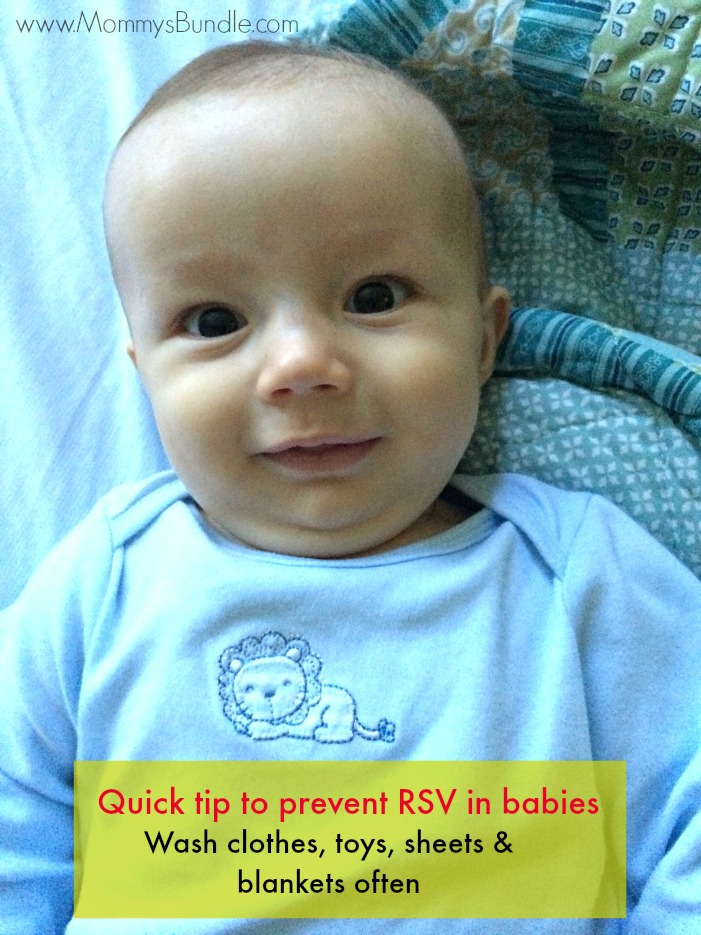
Avoid crowds and other young children during RSV season.
RSV is highly contagious so avoiding large crowds and other young children for the first few weeks of life is crucial. This may seem challenging if you have large families or other little children in the house. But the key here is to try to avoid places like the mall, parties or other crowded indoor areas where germs can spread easily, especially between the months of November through March (known as RSV season).
If you have small children in the house, you obviously can’t keep them away from a new baby for too long, just make sure they wash their hands and are not sick for those first few weeks!
Learn more about RSV and how to keep your new baby safe HERE.
You can also share this important infographic to help educate other parents about the importance of preventing RSV:
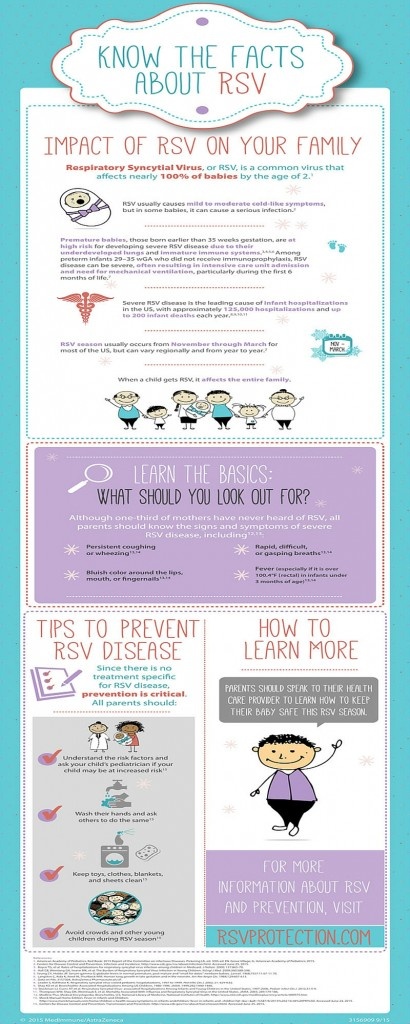
Ana, a mom to three rambunctious little boys, has supported hundreds of thousands of women throughout their pregnancy and motherhood journey since 2012 as a blogger and maternal health advocate at MommysBundle.com.
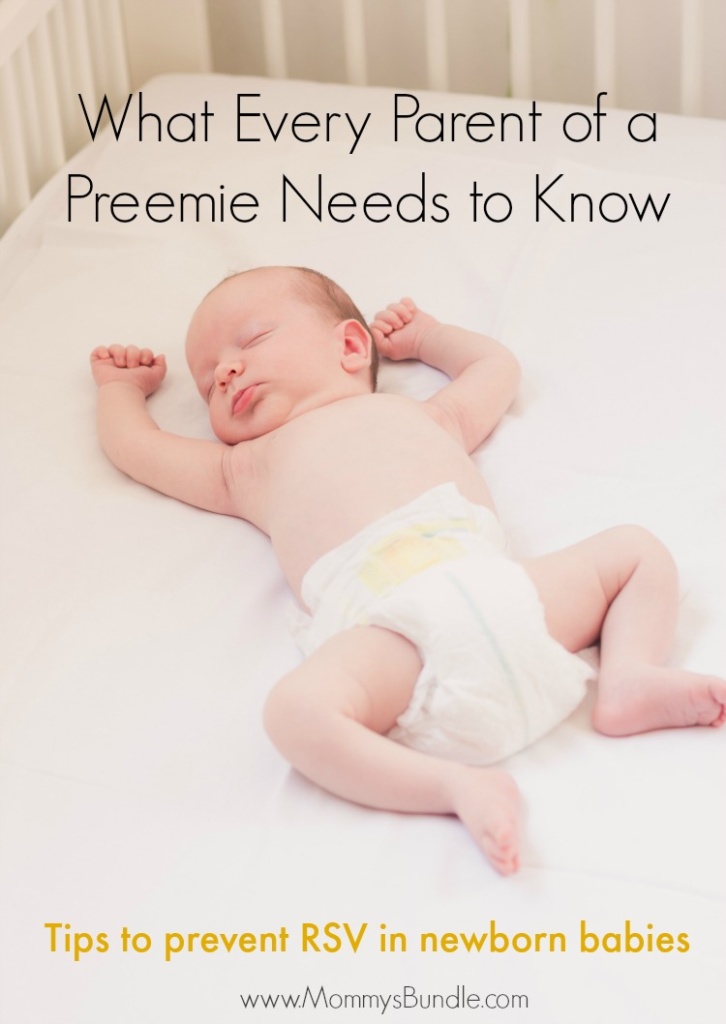

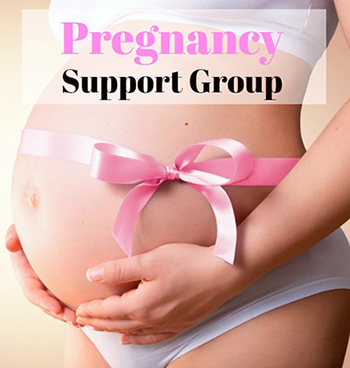
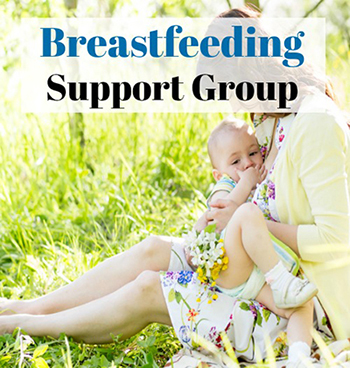
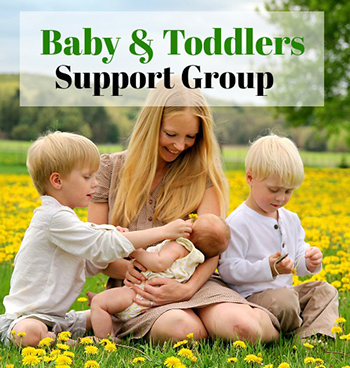
It is important to aware parents to protect preemies and babies from RSV.Well written informative post…
Amila Wickramarachchi recently posted…Protect your Preemies During Winter Months from RSV